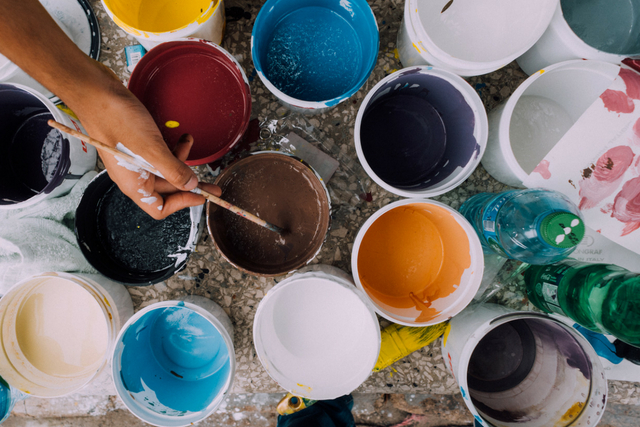
Americans are notorious for a Puritanical work ethic. The US has one of the lowest rates of employees taking true vacations—that is, ignoring their email and work phone when away from the office. Most US employees carry over a significant amount of vacation days every year because they don’t use them like they should. And when they take a vacation, they spend part of the time staying up to speed on email and other work elements.
As creatives, writers are more susceptible than most to needing downtime to replenish and refill our brains with fodder for the mill. Let’s face it—you don’t get your best ideas staring at your computer screen. More than likely, an amazing idea pops into your head in the shower, on a walk through the woods, or while playing with your dog. It’s those times when we’re not actively thinking that our brains put together new ideas in astounding ways.
Why writers need downtime
The magazine Scientific American reports, "Downtime replenishes the brain’s stores of attention and motivation, encourages productivity and creativity, and is essential to both achieve our highest levels of performance and simply form stable memories in everyday life."
If you’re like me, you enjoy reading about the writing habits of authors. I’m always on the hunt for a way to streamline my writing process or to try something new. One thing I’ve noticed from years of reading how other writers work: Most don’t write more than a handful of hours a day. Some fill out their days with physical activity, while others fill it with reading, music, or more esoteric activities.
However you fill your time each day, downtime is imperative.
Research backs this up. Scientific American also reports that the default mode network (a circuit in the brain that comes to life when people daydream) is "more active than is typical in especially creative people… some studies have demonstrated that the mind obliquely solves tough problems while daydreaming—an experience many people have had while taking a shower. Epiphanies may seem to come out of nowhere, but they are often the product of unconscious mental activity during downtime."
You need to step away from your work-in-progress and especially your computer. Every single day, step back and let your brain rest, your body recuperate (writing is physically draining), and give your creativity a chance to recharge.
How not writing can make you a better writer
Don’t feel guilty about stepping away from your writing. It will make you a better writer. Here’s how:

1. Read a lot.
Read everything and anything. Fiction, non-fiction, memoirs… bad writing, good writing. Your brain takes everything you read and makes connections when you’re daydreaming or sleeping. It’s these connections between materials that makes your writing effervescent.

2. Get physical.
Move your body. Did you know that for every hour of writing, you should take a 10-minute break and walk? It may sound counterintuitive, but it allows your brain the downtime it craves to make more connections. If you’ve never heard of the Pomodoro Method, Google it.

3. Learn something new.
Have you ever wanted to learn how to rock climb? How about making artisanal bread? Every new thing you learn can help you to create authentic, realistic characters and scenes. If your main character loves to go kayaking, sign up for a kayaking session and check it out.

4. Enjoy a hobby.
Everyone needs a hobby—something that relaxes and inspires you. It doesn’t have to be a creative endeavor necessarily. You could take up sky jumping. But find something that strikes a passion deep inside and pursue it.

Travel a lot
Whether you can only afford to travel to the next town over or can visit other countries easily, traveling is good for the soul. It makes you a better human being to learn about and understand other cultures. And it makes you a better writer when you can write the "other" with authenticity. You can’t get that level of characterization unless you immerse yourself.
Final thoughts
Old sayings became popular adages for a reason: there’s a grain of truth inside. You’ve most likely heard this one:
All work and no play makes Jack a dull boy.
Don’t become a Jack. Make like Jill and tumble away from your computer, picking up new thoughts, connections, experiences, and ideas along the way. And watch your writing improve exponentially.
